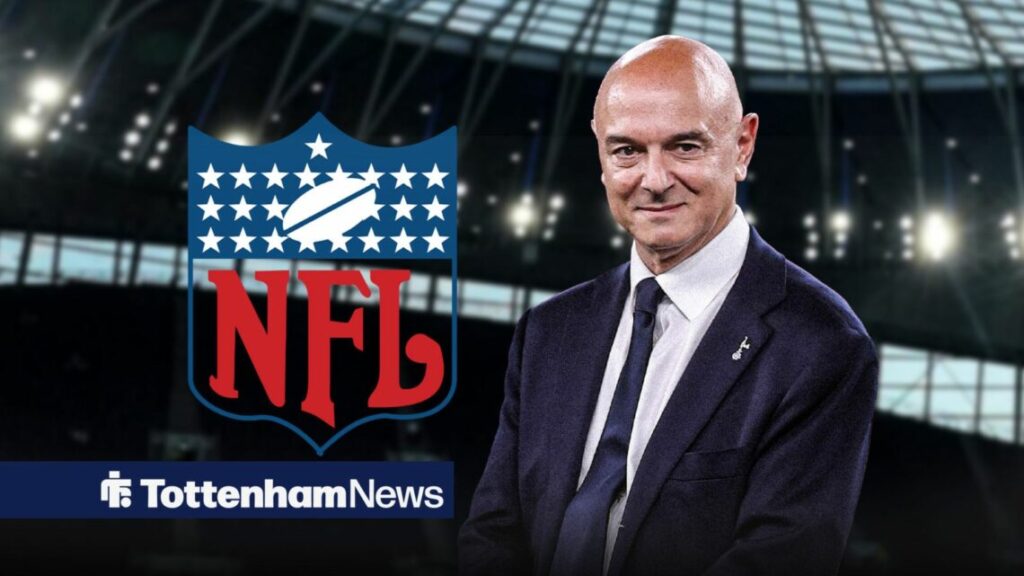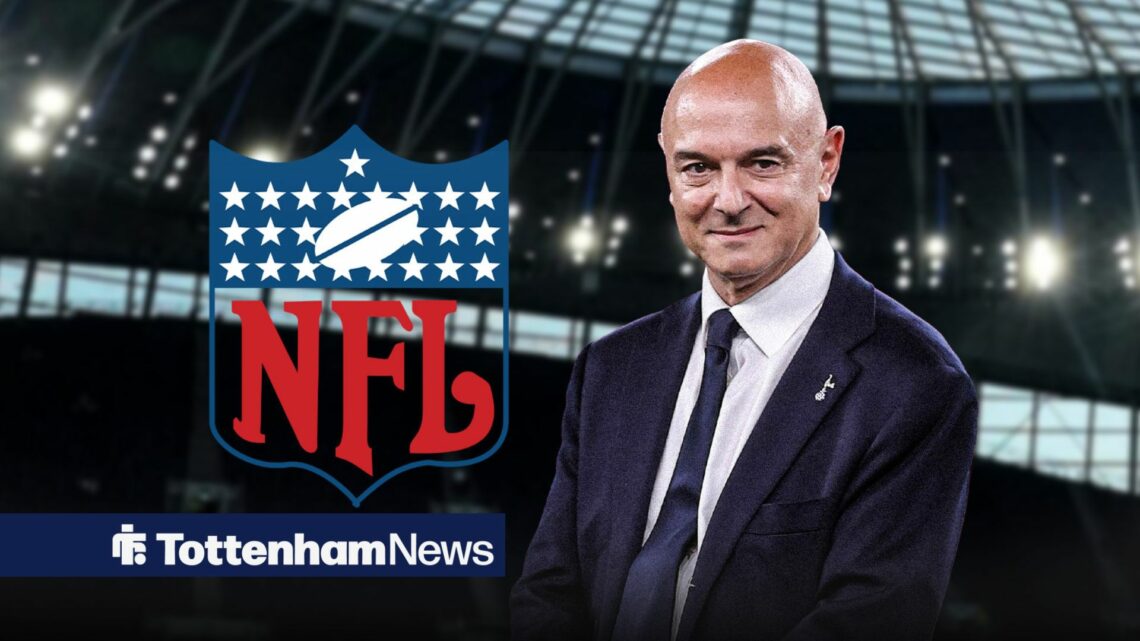Daniel Levy may have stepped down as Tottenham Hotspur chairman, but his influence continues to shape the club’s future in ways few could have imagined when he first took charge.
His decisions, especially those involving the design and purpose of the Tottenham Hotspur Stadium, have positioned the club as a global entertainment powerhouse capable of generating massive revenue far beyond football.
Levy’s tenure wasn’t without criticism, but even his harshest detractors can’t deny his strategic genius when it came to the club’s infrastructure.
The Tottenham Hotspur Stadium, widely regarded as one of the finest arenas in world sport, stands as his legacy. Built with cutting-edge technology, luxury hospitality, and multi-purpose capability in mind, it was never just meant to host football matches.
Instead, Levy envisioned it as a global venue capable of drawing in events from all corners of sport and entertainment a vision that has already paid off handsomely.
In recent months, artists like Post Malone and other international superstars have performed to sold-out crowds inside Tottenham’s state-of-the-art home, each concert bringing in millions in revenue through ticket sales, sponsorships, and hospitality packages.
Beyond music, the stadium has become a central hub for the NFL’s international expansion. The Minnesota Vikings’ clash with the Cleveland Browns last weekend marked the eleventh regular-season NFL game to be hosted there, underlining the stadium’s growing importance to American football in Europe.
What makes Tottenham’s involvement with the NFL even more remarkable is that the stadium was purpose-built to accommodate the sport a deliberate decision driven by Levy’s long-term strategy.

He wanted the club to play a leading role in bringing American football to the UK and Europe, and his efforts have paid off.
The Tottenham Hotspur Stadium remains the only purpose-built NFL venue outside the United States, a fact that sets it apart from every other stadium in Europe.
Back in 2016, long before the stadium even opened, Levy spoke openly about the possibility of hosting an NFL franchise in North London.
“We would very much welcome close cooperation with the NFL and a dedicated team,” he told ESPN at the time. “Obviously, it’s their decision whether to bring a team to the UK and where it would be based, but we would certainly welcome that scenario.”
While an NFL franchise in London remains a future dream, something even bigger could be on the horizon the Super Bowl itself. The idea may sound ambitious, but it’s no longer far-fetched.
Super Bowl champion Ndamukong Suh, speaking to Sky Sports, expressed full confidence that Tottenham could soon host the biggest sporting event in America. “Without question,” Suh said.
“There’s no doubt in my mind that’s on the table, and I would bet that in the next five years it happens. The world is their oyster when it comes to where games go.”
Should the Super Bowl ever come to North London, the financial rewards would be staggering. Research from NC State University shows that the event typically generates around $300 million (£224 million) in economic activity each year.
While not all of that would go directly into Tottenham’s coffers, the potential earnings for the club would still be enormous. The 2015 Super Bowl, for example, brought in nearly £1 million for Glendale, Arizona and Tottenham’s modern infrastructure, prime location, and international reputation mean they could easily surpass that figure.
Ticket sales alone would be worth a fortune, with Super Bowl prices reaching astronomical levels every year. On top of that, Spurs would profit from merchandise, food, and beverage sales, as well as global exposure for their stadium and brand.
The NFL would naturally take a portion of the revenue, but Tottenham would still walk away with a significant payday.
Beyond the immediate profits, the prestige of hosting the Super Bowl would elevate Tottenham’s global status. It would further establish the stadium as one of the premier sports and entertainment destinations on the planet, a venue capable of rivaling those in Los Angeles, Miami, or Las Vegas.
For the club’s long-term finances, it could mean new partnerships, sponsorship opportunities, and future events of similar scale.
If that historic moment arrives, Daniel Levy will be the man most responsible for making it possible. His foresight in designing a multi-purpose arena capable of attracting global events has turned Tottenham Hotspur from a traditional football club into a global business enterprise.
Even though he is no longer at the helm, the structures and deals he put in place continue to secure Tottenham’s financial future.
Years from now, whether it’s an NFL franchise or a Super Bowl taking over North London, Levy’s fingerprints will still be everywhere.
His bold, forward-thinking approach has not only transformed Tottenham Hotspur’s balance sheet but has also placed the club on the global sporting map in a way that few could have imagined.
In the end, his legacy may not just be about football success it may be about turning Tottenham into one of the most profitable and recognized sporting brands in the world.

